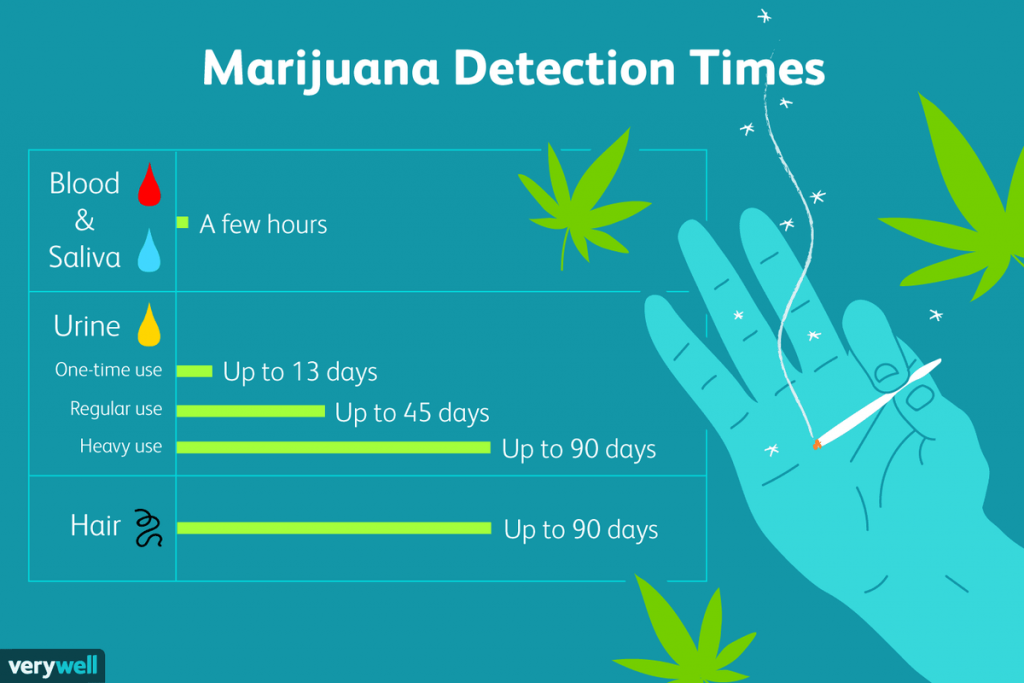Musicians and artists have long used cannabis to enhance their creativity. But how does the drug affect more conventional nine-to-five jobs? With cannabis now legal in more places, including Canada and several US states, research is being carried out into how it affects people’s productivity at work.
A recent paper found that using the drug after work did not hurt people’s performance or productivity the next day. The research explored how using cannabis at different times of the day affected people’s ability to complete assignments and meet their job requirements, as well as their behaviour toward colleagues and attitude toward their work.
Cannabis use after work did not affect any of the measures of workplace performance. Perhaps predictably, however, when people used cannabis before and during work, they did not fare so well.
The drug interfered with their ability to carry out tasks, affected their concentration and reduced their ability to solve problems. It had a negative effect on people’s “citizenship behaviour” – how likely they were to help colleagues or work in a team. And it also increased people’s propensity for counterproductive behaviour, such as daydreaming on the job and taking excessive time to perform a task.
Better than alcohol?
As with alcohol – where consuming a spirit compared to a beer will not only affect the speed of intoxication but the impact this has on functioning – the effect of cannabis will vary by product.
The study does not provide much detail about how much cannabis the participants consumed – just that they used it before, during or after work. So we know little about the point that cannabis consumption begins to negatively affect work performance. Nonetheless, it challenges stereotypes of cannabis users as lazy and unmotivated.
Research into the effects of alcohol on work performance is much more extensive. It shows how drinking after work and heavy drinking in particular negatively affects work in lots of ways. These include reduced productivity, greater levels of absenteeism, inappropriate behaviour and poorer relationships with work colleagues.
This new research on cannabis and productivity, while limited, is an important step forward into investigating the effects of the drug on society. It goes beyond the historically crude assessments of cannabis use, which would simply ask participants whether they had ever used cannabis or not then draw conclusions based on this simplistic grouping. This clearly missed the various doses and frequency of use.
Research in this area is tricky, however, as people that use cannabis are likely to also use or have a history of using other substances, such as alcohol. So untangling which substance is associated with an effect on performance is difficult, if not impossible in some cases.
Implications for drug testing
Cannabis use is not a niche activity. An estimated 20% of Americans are thought to have used the drug, while in Europe cannabis remains the most popular drug after alcohol, whether legal or not. Cannabis is well known to reduce stress and help people relax so it is likely to be an attractive antidote to a stressful day at work.
If companies have drug-related policies, they should be based on evidence and specific to the needs of the job. The effects of cannabis on coordination is one area that is more problematic. Like alcohol, the drug reduces people’s motor skills, reaction times and hand-eye coordination.
Unlike alcohol, there do not appear to be residual negative effects on coordination the day after using cannabis – unlike alcohol. But another study from earlier this year found that chronic, heavy cannabis use was associated with worse driving performance in non-intoxicated drivers. This is because the drug can impair the motor skills necessary for safe driving in the long term.
This evolving field of evidence makes it difficult for employers that do have drug-testing policies for their employees. Because most drugs break down very quickly in the body, tests are designed to identify chemicals called metabolites, which remain after the drug breaks down and can be detected weeks after use.
 Verywell Mind
Verywell MindThis means that an employee could have consumed cannabis on holiday, for example, then be subject to a work-based drug test weeks later and face disciplinary action when the test shows a positive result – even though the drug is not affecting their performance.
To fill this gap, there are apps that provide an alternative method of assessing impairment by measuring changes in task performance. This may prove to be a more reliable and efficient way to check if cannabis and other drugs are actually hurting someone’s work performance. Expecting an entire workforce to abstain is unrealistic and will restrict the talent pool from which employers can recruit.
By Ian Hamilton, Associate Professor of Addiction., University of York
This article is republished from The Conversation under a Creative Commons license. Read the original article.
Featured image by Gina Coleman/Weedmaps
The post Cannabis use after work doesn't affect productivity – new research appeared first on Weedmaps News.

 or
or  your use?
your use?